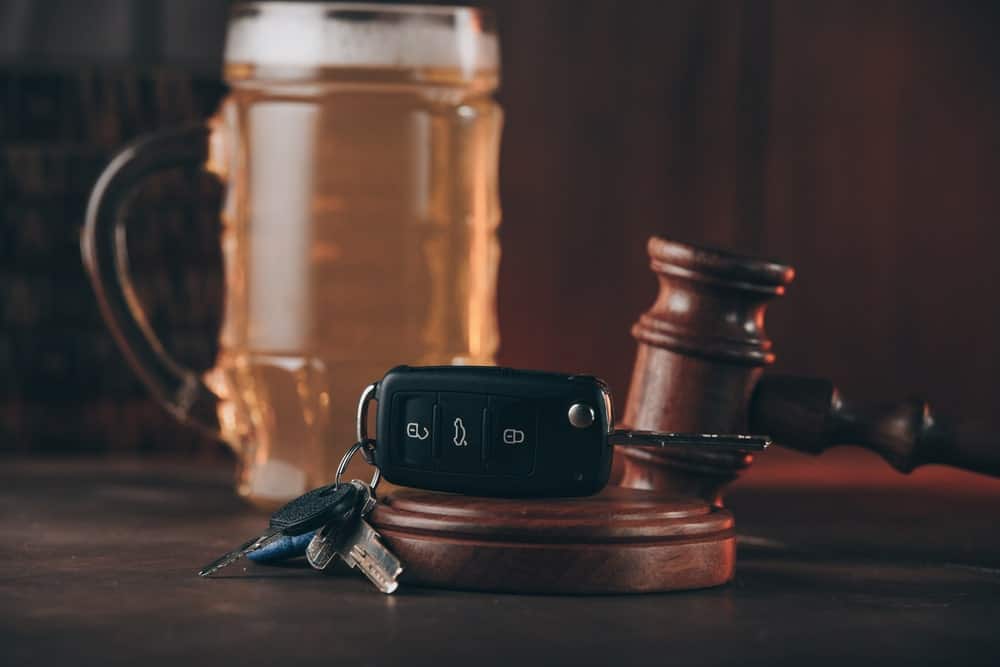Impaired driving in Maine is a serious offense. Whether or not you have been charged with operating under the influence (OUI), it is important to understand what impaired driving means in our state.
Each year, motorists and their passengers are injured or killed in crashes involving alcohol or drugs. In 2019, 32 percent of total crash fatalities in Maine were due to alcohol impairment, a number that has been on an upward swing since 2017.
The Maine Criminal Defense Group works with clients facing OUI allegations as a result of a crash or traffic stop. We help people understand impaired driving laws and potential consequences. Below are answers to some of the questions we are commonly asked about OUI and DUI in Maine.
Call 207-571-8146 or contact us online to schedule a consult with one of our highly skilled criminal defense attorneys today.
Table of Contents
What is Operating under the Influence (OUI) in Maine?
Across the country, various state authorities refer to impaired driving in different ways, including driving under the influence (DUI), driving while impaired or intoxicated (DWI) and operating under the influence (OUI).
In Maine, the term is OUI. Legally, you are OUI if your breath or blood alcohol content (BAC) is a .08% or higher.
Call 207-571-8146 or contact us online to schedule a consult with one of our highly skilled criminal defense attorneys today.
What does blood alcohol content mean?
Blood Alcohol Content (BAC) is a measurement used across the US to measure the concentration of alcohol in your blood. If you have not been drinking, your BAC will be 0.0. In Maine, if your BAC measures at .08% or higher, you are legally drunk.
When driving, it is important to remember that even one drink can impair your driving ability in a number of ways. Your ability to make good decisions, see clearly, react quickly, and distinguish between colors can be affected if your BAC is even .02%.
Even if your BAC is not .08%, law enforcement can conduct a traffic stop and charge you with OUI, if you are observed driving erratically.
Minors and Blood Alcohol Content
Maine has a Zero Tolerance Law in place to deter young drivers from driving impaired. The Zero Tolerance rule means what it says. If you are observed, or found driving, or trying to drive a vehicle with any concentration of alcohol in your blood under the age of 21, your license is lifted for one year.
If you are traveling with a minor passenger with any BAC, another 180 days will be added to that initial suspension. And that brings us to “implied consent” in Maine.
Call 207-571-8146 or contact us online to schedule a consult with one of our highly skilled criminal defense attorneys today.
Traffic stops and implied consent in Maine
If you are involved in a vehicle crash, or you caught the attention of law enforcement during a traffic stop, you may be asked to participate in chemical and field sobriety tests.
Under Maine law, you are required to consent to chemical tests to evaluate whether you are driving impaired. Operating a vehicle in Maine is a privilege—not a right. If you are driving on Maine roads, you have consented to providing requested samples if you are suspected of OUI. If you refuse to take a chemical test for alcohol and drugs, your license to drive will be suspended for a minimum of 9 months.
After arrest, if found guilty of OUI, your refusal to take a breath, blood or urine test is considered an aggravating factor that can lead to additional jail time or license suspension. On a first offense OUI Refusal, you’d be facing a mandatory minimum jail sentence of 4 days.
Field sobriety tests, such as walk and turn, one leg stand, and Horizontal Gaze Nystagmus testing, are optional. You can elect not to engage in these tests without penalty or license suspension.
What is a conditional license in Maine?
If you are arrested and found guilty of OUI, your license to drive will be suspended. When your license is reinstated, it will be “conditional” for one year. This means that your ability to drive is conditioned upon you remaining alcohol and drug free while driving. Remember—a conditional license is zero tolerance—any BAC results in a one-year suspension.
If you refuse a chemical sobriety test while driving on a conditional license, your license is suspended for another two years. The penalties add up. If you are caught OUI while serving a suspension for a previous OUI, the penalties include significant jail time, big money fines, lengthy consecutive license suspensions, and possible seizure and forfeiture of your vehicle.
Call 207-571-8146 or contact us online to schedule a consult with one of our highly skilled criminal defense attorneys today.
Penalties for an OUI in Maine
A conviction on OUI results in a criminal record which can impact the schools you attend, job opportunities, residential choices, insurances rates, and more. If you take a drink and decide to drive, the cost might be your license or your life—or the life of someone else.
Because of this, the consequences for OUI conviction in Maine are serious.
| Offense | Suspension | Jail time | Fine |
| 1st no aggravating factors | 150 days | 0 | $500 |
| 1st w/ aggravating factors* | 150 days | 48 hours | $500 |
| 1st (Refusal)** | 275 days | 96 hours | $600 |
| 2nd*** | 3 years | 7 days | $700 |
| 2nd (Refusal) | 3 years | 12 days | $900 |
| 3rd | 6 years | 30 days | $1,100 |
| 3rd (Refusal) | 6 years | 40 days | $1,400 |
| 4th or more | 8 years | 6 months | $2,100 |
| 4th (Refusal) | 8 years | 6 months & 20 days | $2,500 |
*Aggravating factors include a BAC of .15 percent or more, or traveling 30 m.p.h. or more over the speed limit, or attempting to elude an officer of the law, or having a passenger under 21 years of age. The law requires an additional 275 day suspension be imposed by the court or the Secretary of State if transporting a passenger under 21.
**Refusal to be tested results in a loss of license for at least 275 days which is consecutive to any suspension imposed for an OUI conviction.
***A second conviction within ten years prohibits the offender from obtaining a work-restricted license or from registering a vehicle.
What about drugs and OUI in Maine?
Maine considers drugged driving as OUI. Any substance that diminishes your ability to operate a vehicle safely can lead to an OUI. By nature, prescription, over-the-counter (OTC), and recreational drugs influence your body mechanics—and your ability to drive safely.
Consider these substances highlighted by the Maine Bureau of Highway Safety:
- Weed: Marijuana impacts the central nervous system (CNS), slowing your reaction time and accurate perception of time and vehicle speed.
- Hallucinogens and inhalants: Like Marijuana, drugs like Mescaline, psilocybin mushrooms, LSD and other psychedelic drugs distort your senses and ability to think clearly. Likewise, whiffing noxious inhaled substances like paint, glue, and other compounds lead to garbled thought, sensation, and potentially, brain damage.
- Alcohol and other sedatives: Alcohol, prescription sedatives, or narcotics like heroin or opioids directly affect your CNS and slow your brain activity. There is no level of alcohol or sedative that is safe to use while driving, even OTC cold remedies can leave you asleep at the wheel.
Call 207-571-8146 or contact us online to schedule a consult with one of our highly skilled criminal defense attorneys today.
Fatal crashes and chemical tests
Maine law requires any motorist involved in a fatal crash, or a crash where a death is likely, to take a blood alcohol test. Refusal means a three-year suspension of your license. If found to have caused a death through impaired driving, your license is suspended for at least three years, in addition to suspensions caused by any refusal to submit to chemical sobriety tests.
Driving while impaired is a choice. Most people overestimate their ability to drive while buzzed. In addition to injury and loss of life, crashes caused by impaired driving cost an estimated $37 billion each year. In Maine, effort is taken to identify those who drive while impaired through traffic stops at road blocks, improved BAC testing, and better detection of drug impairment.
If you are involved in a crash or are arrested for OUI, the consequences can be severe. In Maine, talking to an experienced OUI attorney will give you a better idea of your options—including challenging the traffic stop or the chemical and field sobriety tests that were the result.
Speak with a skilled OUI attorney in Maine today
If you are arrested for OUI, get good legal advice before you automatically accept the consequences. Our legal team is focused solely on criminal defense. We fight to help you avoid a criminal record and get the best outcome for the circumstances of your case.
Contact our firm or call us at 207-571-8146 to speak with an experienced Maine OUI defense lawyer.
Call 207-571-8146 or contact us online to schedule a consult with one of our highly skilled criminal defense attorneys today.
Blog Posts
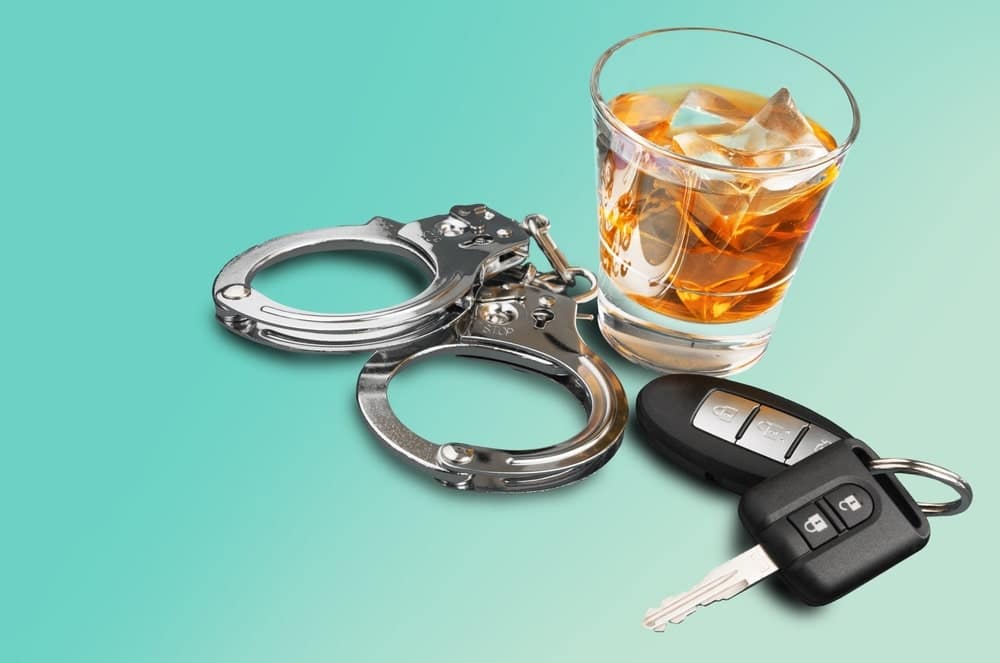
OUI charges are handled severely in Maine. For many people, a drunk-driving charge is their first time dealing with the criminal justice system and, understandably, they are keen to know[...]

Alcohol laws of Maine While you should be aware of the strict OUI laws in Maine, it’s also important to know about other ways you can face a traffic infraction[...]

A first OUI offense in Maine can potentially have long-term consequences, but with the right legal representation, alleged offenders can escape the harshest penalties. A first offense for impaired driving[...]

If you blow under .08 in a DUI breath test in Maine, it may be jumping the gun to breathe a huge sigh of relief. You may not be “free[...]
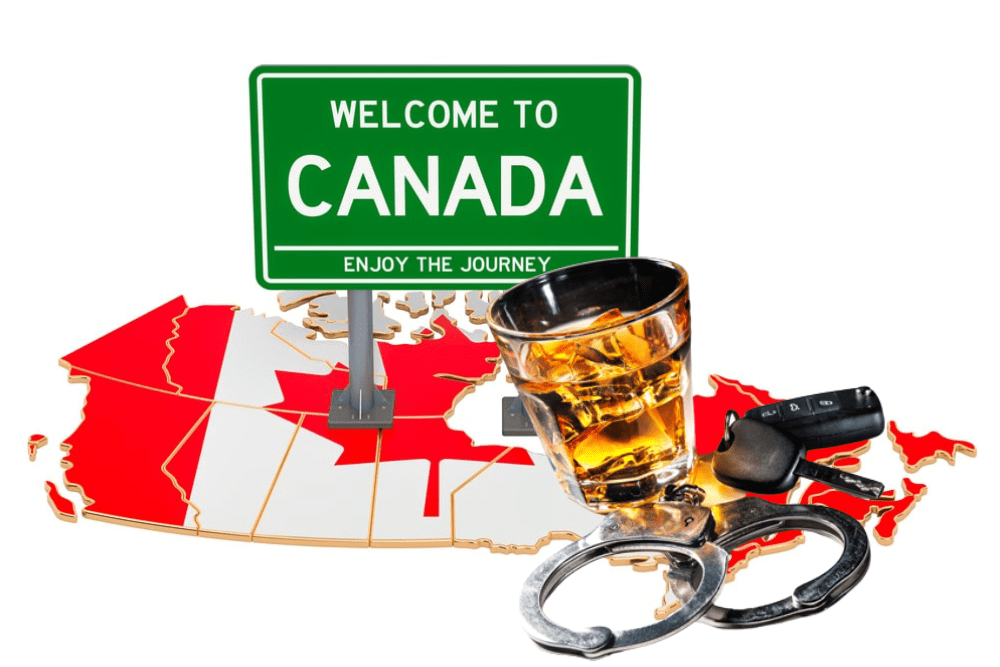
Information Updated: October 25, 2023 Between 11 and 15 million Americans visit Canada each year but you’re unlikely to contribute to those numbers in the future if you have an[...]
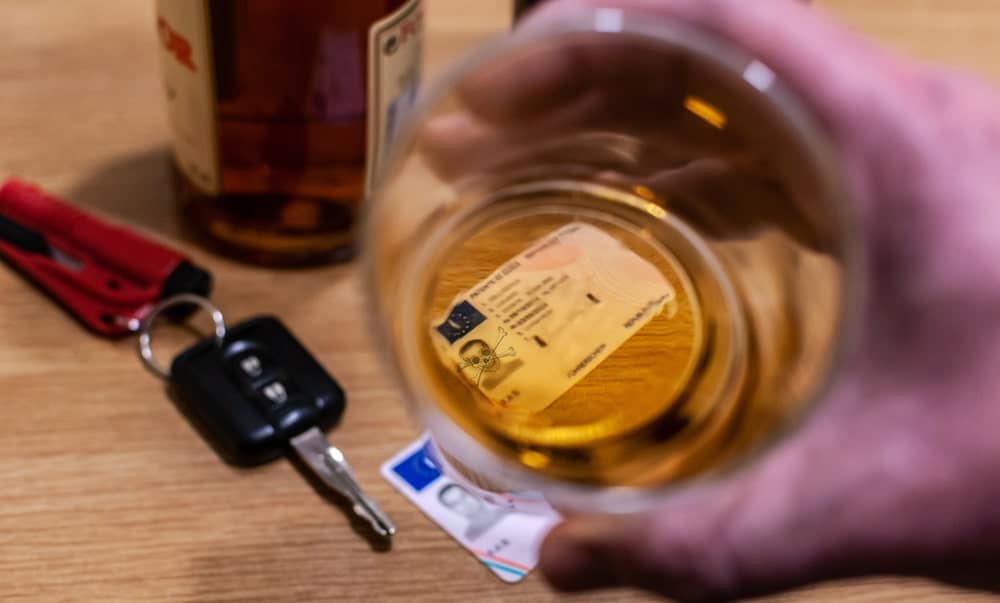
A charge for Operating Under the Influence (OUI) in Maine comes with a potential loss of driving privileges. But is there a way to still drive legally if you need[...]
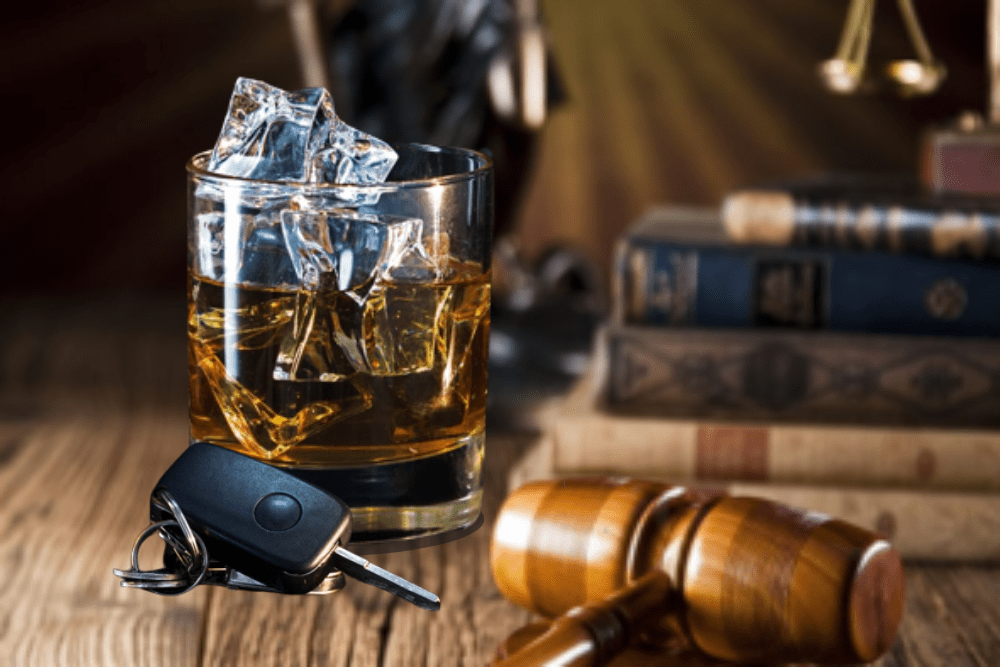
Several things happen at the same time if you are arrested and charged with OUI in Maine, or issued with a summons for an OUI charge. Your license will be[...]
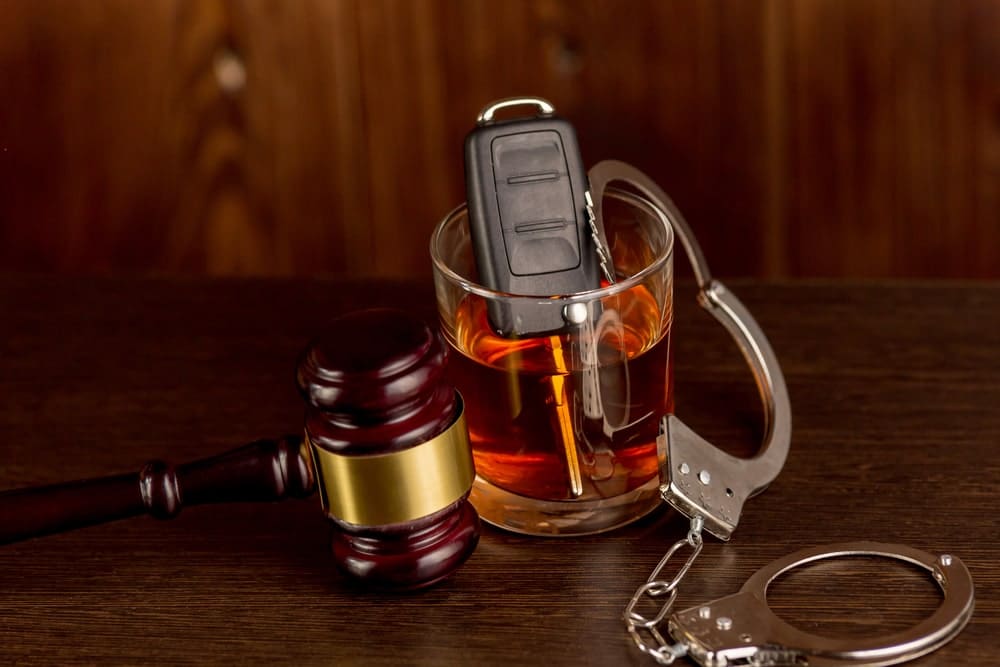
A charge for OUI in Maine has potential consequences that go well beyond what most people expect for drunk driving. Even for a first offense, you can go to jail[...]
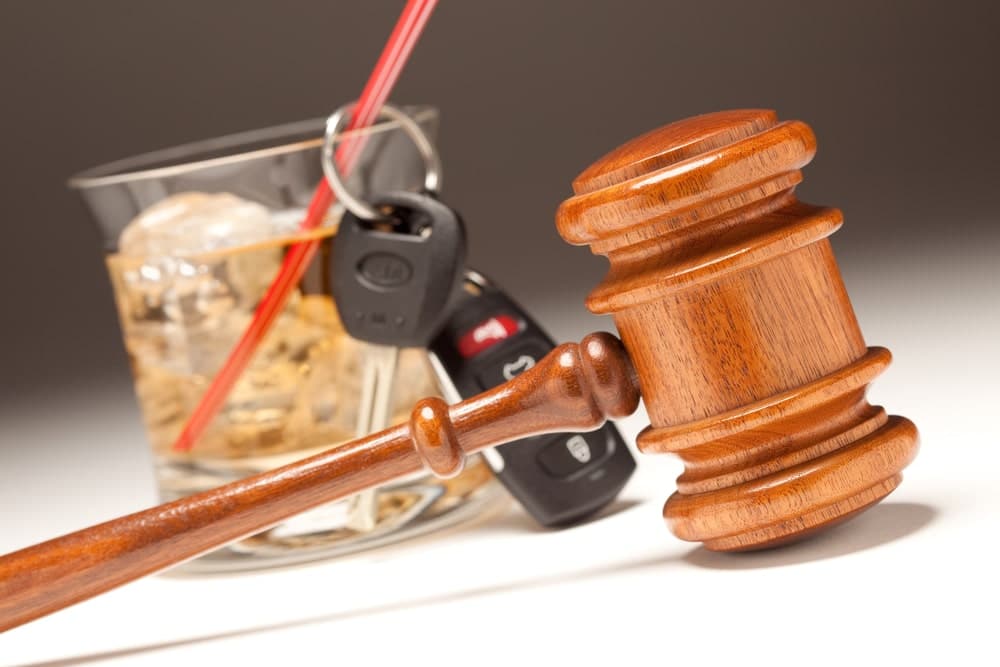
The term used for driving under the influence in Maine is OUI (Operating Under the Influence), but whatever term you use, an appearance before a judge is almost inevitable if[...]
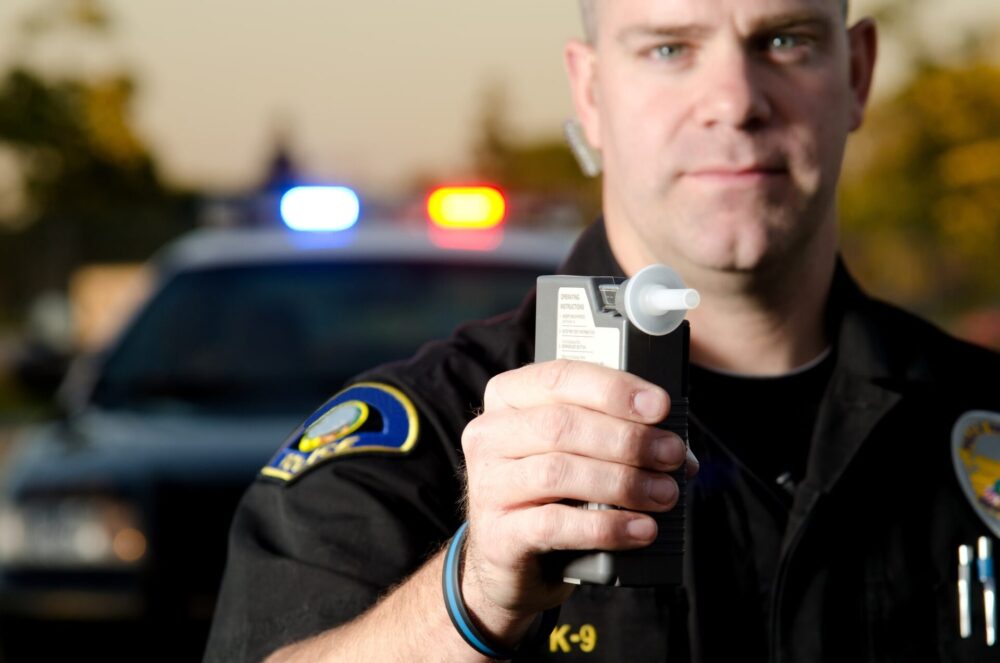
Updated on May 14, 2023 An OUI is a permanent black mark on your Maine driving and criminal record, but this is not the only thing about which you should[...]
